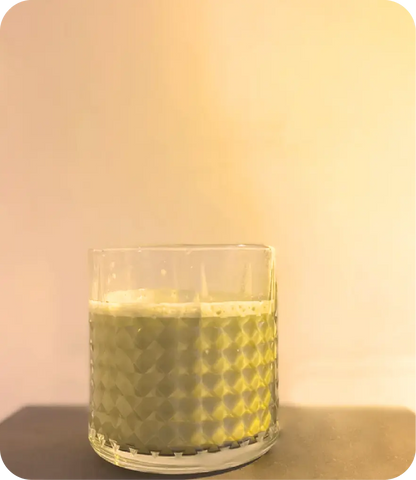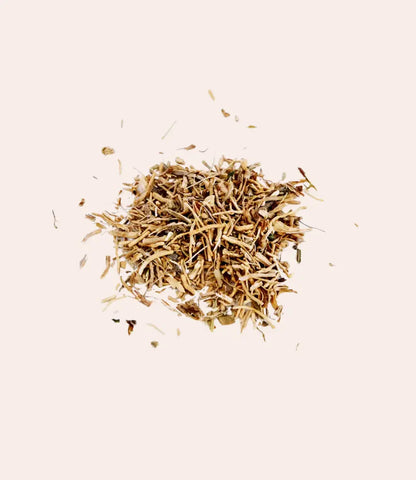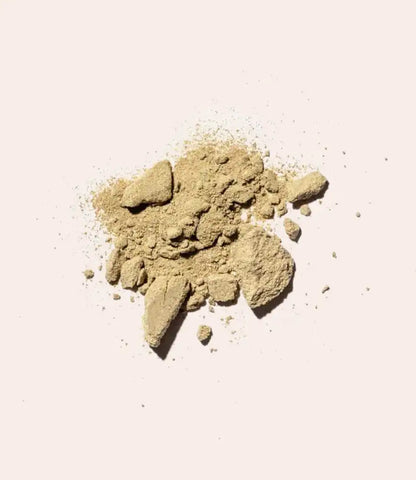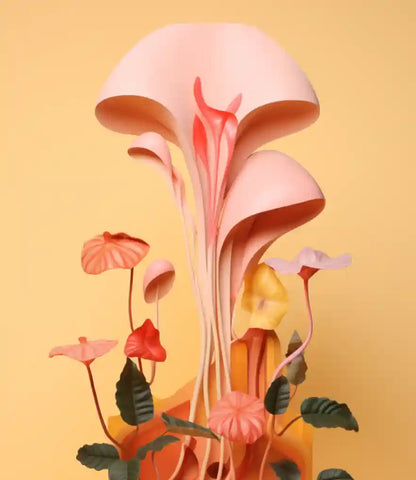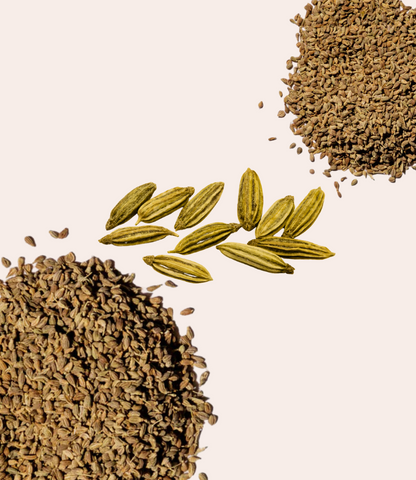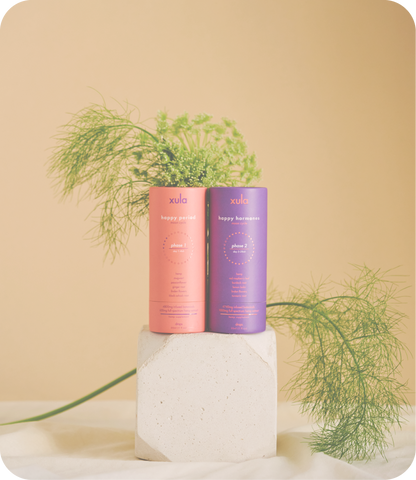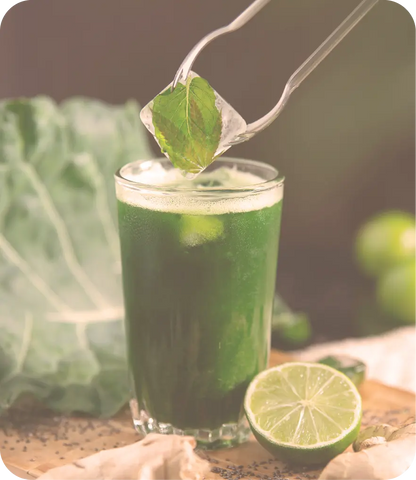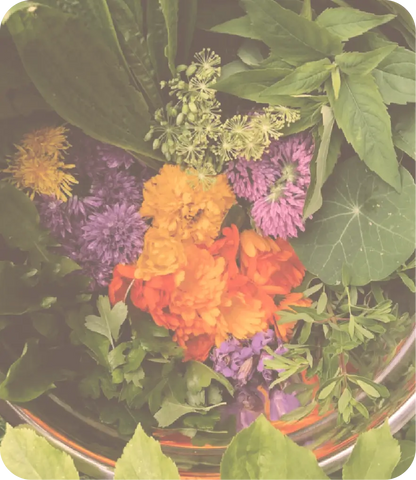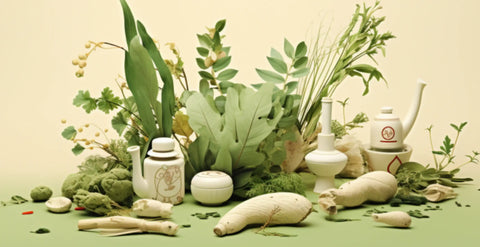
Burdock Root: the Chinese Herbal Wonder
Burdock root is a plant that belongs to the Asteraceae family. It's known for its long, slender, and brownish roots. The plant is native to Europe and Asia but can now be found in many parts of the world.
Burdock root has been used in traditional medicine for various purposes, including supporting digestion, promoting skin health, and providing antioxidants. Additionally, it is used in culinary applications, often added to dishes and beverages for its earthy flavor.
Related to: The Xula Green Juice
Traditional Chinese medicine
Burdock root, known as "niúbàng" (牛蒡) in Traditional Chinese Medicine (TCM), is a herbal remedy deeply entrenched in the ancient healing practices of China. With a history spanning thousands of years, burdock root has earned a significant place in TCM for its versatile therapeutic properties and its role in promoting overall well-being.
Derived from the burdock plant, Arctium lappa, burdock root is a biennial herbaceous plant native to Europe and Asia. It boasts long, slender, and brownish roots that have been harnessed for their medicinal potential. TCM views burdock root as having a neutral thermal nature and sweet taste, and it is believed to influence the lung, stomach, and liver meridians.
In TCM's historical texts and classic literature, burdock root's medicinal value is well-documented. Ancient herbalists and practitioners revered burdock root for its ability to purify and detoxify the body, making it an essential component in various medicinal concoctions. Its popularity soared during the Tang and Song dynasties, and it continues to hold its position as a cherished remedy in modern TCM practices.
One of the primary uses of burdock root in TCM is its support for liver health. The liver is considered the primary organ responsible for filtering toxins from the body, and burdock root's detoxifying properties were believed to help cleanse and strengthen this vital organ. Additionally, it was often employed to alleviate skin disorders, such as acne and eczema, as it was thought to cool excess heat in the body, contributing to a clearer complexion.
Burdock Root's reputation extends beyond its liver-cleansing abilities and skin benefits. In TCM, it is also cherished for its potential to enhance digestion and stimulate the appetite. The herb's sweet taste is believed to have a nourishing effect on the digestive system, making it an excellent choice for those seeking support in maintaining a healthy gut.
Furthermore, burdock root's widespread popularity can be attributed to its adaptability in various TCM formulations. It is commonly used in the form of decoctions, teas, and poultices, and it can be seamlessly combined with other herbs to create powerful herbal remedies tailored to specific health conditions.
Related to: Mugwort: the "Weed" Used for Dream Divination and Period Pain Relief
A Herbal Marvel for Holistic Health
Burdock root, a treasure trove of healing properties, has been a staple in Traditional Chinese Medicine (TCM) for centuries. Revered as a potent herbal remedy, burdock root's therapeutic effects are deeply rooted in TCM principles, making it a valuable addition to various medicinal formulations. In this blog post, we'll embark on a journey through the world of burdock root in TCM, exploring its traditional uses, classification, medicinal properties, and role in promoting holistic wellness.In TCM, burdock root is valued for its diverse applications, and its traditional uses are multifaceted. TCM practitioners have long relied on this herb to address imbalances and promote overall well-being. Among its primary traditional uses are:
- Detoxification and Blood Purification: Burdock root is considered a powerful detoxifying agent in TCM. It is believed to cleanse the blood and expel toxins from the body, which is thought to contribute to a clearer complexion and healthier skin.
- Liver Support: TCM views the liver as a vital organ responsible for regulating the flow of Qi (vital energy) in the body. Burdock root is often prescribed to support liver health and improve its functioning.
- Nourishing the Yin: In TCM, yin represents the cooling and nourishing aspects of the body. Burdock root's sweet taste is thought to nourish the yin, making it beneficial for conditions characterized by yin deficiency.
According to TCM principles, burdock root possesses specific characteristics that influence its therapeutic properties. These include its taste, nature, and meridian tropism:
- Taste: Burdock root is classified as having a sweet taste in TCM, which is associated with nourishment and harmonizing effects on the body.
- Nature: It is considered to have a neutral nature, meaning it neither warms nor cools the body excessively.
- Meridian Tropism: Burdock root is thought to influence the lung, stomach, and liver meridians, which are the energy pathways associated with these organs.
TCM practitioners view burdock root as a valuable herb with various therapeutic effects. Some of these effects include:
- Diuretic: Burdock root is believed to have diuretic properties, which can help promote the elimination of excess fluids and toxins from the body.
- Anti-inflammatory: It is thought to possess anti-inflammatory properties, making it beneficial for alleviating inflammation-related conditions.
- Antioxidant: Burdock root contains antioxidants that may help neutralize free radicals and protect the body from oxidative stress.
Burdock root's medicinal properties are attributed to its rich array of active compounds. Some of the key components found in burdock root include:
- Inulin: This complex carbohydrate is prebiotic that supports gut health by promoting the growth of beneficial bacteria in the intestines.
- Flavonoids: Burdock root contains flavonoids, which are known for their antioxidant and anti-inflammatory properties.
- Essential Oils: The essential oils in burdock root contribute to their aromatic nature and potential therapeutic effects.
Burdock root is commonly prescribed in TCM to address a range of health conditions. Some of the specific ailments for which it is recommended include:
- Skin Conditions: Burdock root's detoxifying and blood-purifying properties make it a popular choice for managing skin conditions like acne, eczema, and psoriasis.
- Liver Disorders: TCM practitioners often use burdock root to support liver health and address conditions related to liver imbalances.
- Gastrointestinal Issues: Burdock root's role in promoting digestion and its gentle diuretic effect can be beneficial for gastrointestinal disorders.
The liver plays a vital role in detoxification, and the burdock root's ability to support liver health can aid in the elimination of toxins, ultimately contributing to overall well-being. Additionally, its blood-purifying properties can help address skin conditions, while its diuretic effect aids in flushing out waste products from the body.
Burdock root's sweet taste and nourishing properties make it a favorable choice for promoting digestion and supporting overall wellness. By harmonizing the digestive system, it can enhance nutrient absorption and contribute to a balanced internal environment.
Burdock root stands as a remarkable herbal remedy in Traditional Chinese Medicine. Its traditional uses, classification based on TCM principles, and therapeutic properties all contribute to its esteemed status in holistic healthcare practices. Whether addressing skin conditions, supporting liver health, or promoting digestion, burdock root continues to be a valued herbal ally on the journey to wellness.
Related to: Relax and Renew
Energetics: Cooling, Drying (though nourishes tissues), Toning
Actions: Alterative (Cleanses the blood), Diuretic (Increases urination), Bitter (Aids digestion)
Found In: Happy Period
Sources
Chan, Y. S., Cheng, L. N., Wu, J. H., Chan, E., Kwan, Y. W., Lee, S. M. Y., ... & Chan, S. W. (2011). A review of the pharmacological effects of Arctium lappa (burdock). Inflammopharmacology, 19(5), 245-254. DOI: 10.1007/s10787-010-0062-4
(n.d.). Burdock Root. Encyclopedia.com. https://www.encyclopedia.com/medicine/encyclopedias-almanacs-transcripts-and-maps/burdock-root
(n.d.). Burdock. White Rabbit Institute of Healing. https://www.whiterabbitinstituteofhealing.com/herbs/burdock/











